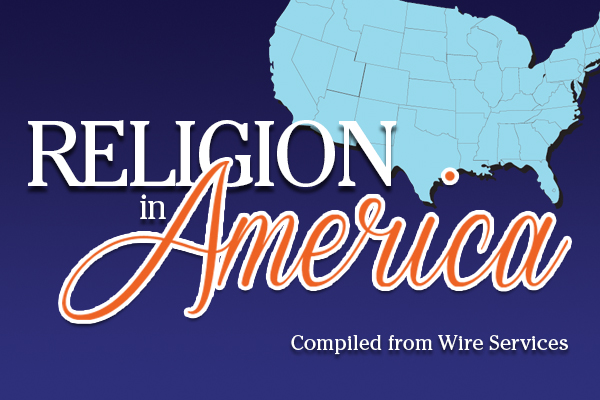YORK, Pa. — Anna and Casey Pickett fell in love during a college class on Transcendental literature, reveling in the nature-loving rhapsodies of Henry David Thoreau and Ralph Waldo Emerson. It was only natural, then, that when the couple married last July, they would stand beside a rustic lake in Pennsylvania, with the professor whose class brought them together officiating.
Two months later, however, the couple got a call from a county clerk in Pennsylvania, who told them their marriage might not be valid. And years from now, the clerk said, when they bought a house, applied for government benefits or had children, they might have a problem. “It was a total shock,” said Anna Ruth Pickett, 27, who works in environmental justice for the New York-based Ford Foundation. The problem: Their professor, T. Scott McMillen, who was not a minister, got ordained online to perform the ceremony. In September, a judge in York County, Pa., ruled that ministers who do not have a “regularly established church or congregation” cannot perform marriages under state law.
The ruling, while currently limited to York County, has sent shock waves throughout Pennsylvania. Clerks and registers have called press conferences to alert the public and predicted the end of “thousands” of marriages.




Share with others: